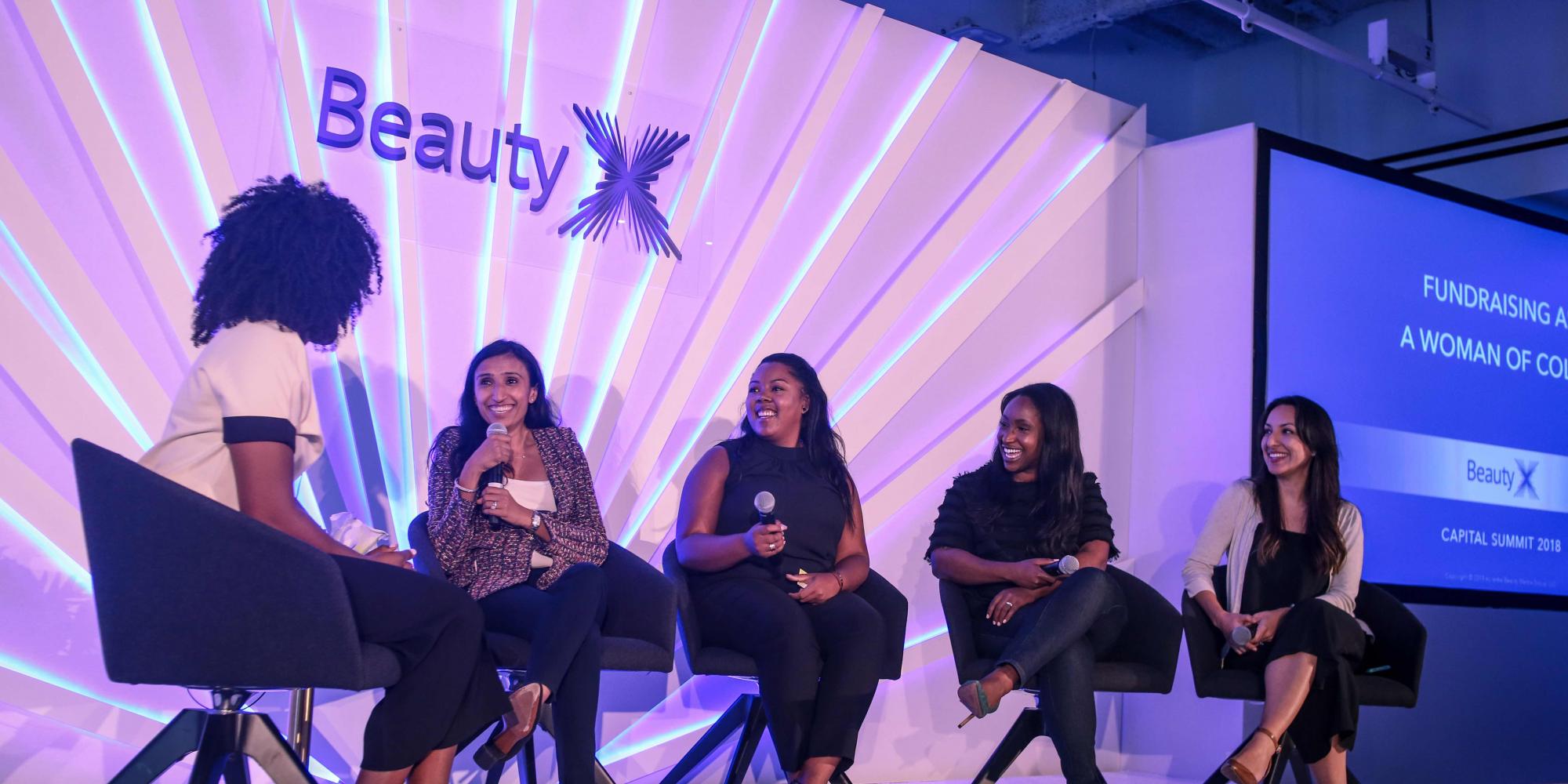
Women Of Color Offer Perspectives On Fundraising In The Beauty Industry At BeautyX Capital Summit
If you received an email likening a brand to Glossier for women of color, would you click on it?
KJ Miller, co-founder of Mented, figured the eye-catching message would pique interest, and it was one of the many tactics she used to get her brand seen by early-stage investors. As a black woman navigating a fundraising environment where less than 20 women of color have collected in excess of $1 million in capital, she had to try almost every attention-grabbing trick she could imagine, and her hustle paid off. Mented secured $4 million in funding, including $3 million from CircleUp Growth Partners in a seed round.
“Don’t cold email and have the subject line be, ‘money please.’ Make it compelling,” Miller advised fellow beauty entrepreneurs. “Frankly, I don’t think we are the Glossier of women of color, but Glossier was a super-hot deal at the time. Everyone was talking about it, right? So, I knew you might open the email because everyone was talking about Glossier. I think writing a good email is the key to getting at least some of your cold emails opened.”
Miller provided her investor outreach suggestions during BeautyX Capital Summit at New York meeting venue Convene last week, where she joined Rebecca Story, CEO and founder of The Bloomi, Deepti Chauhan, executive director at Citigroup, and Bridgette Howard, founder of Parlor West Ventures, on a panel moderated by Alisa Williams, senior associate at VMG Partners. The panelists delved into the difficulties facing women of color seeking funding, but also expressed optimism that a new age in the beauty industry is dawning in which minority-led brands are closer to attracting the money and notice they deserve.
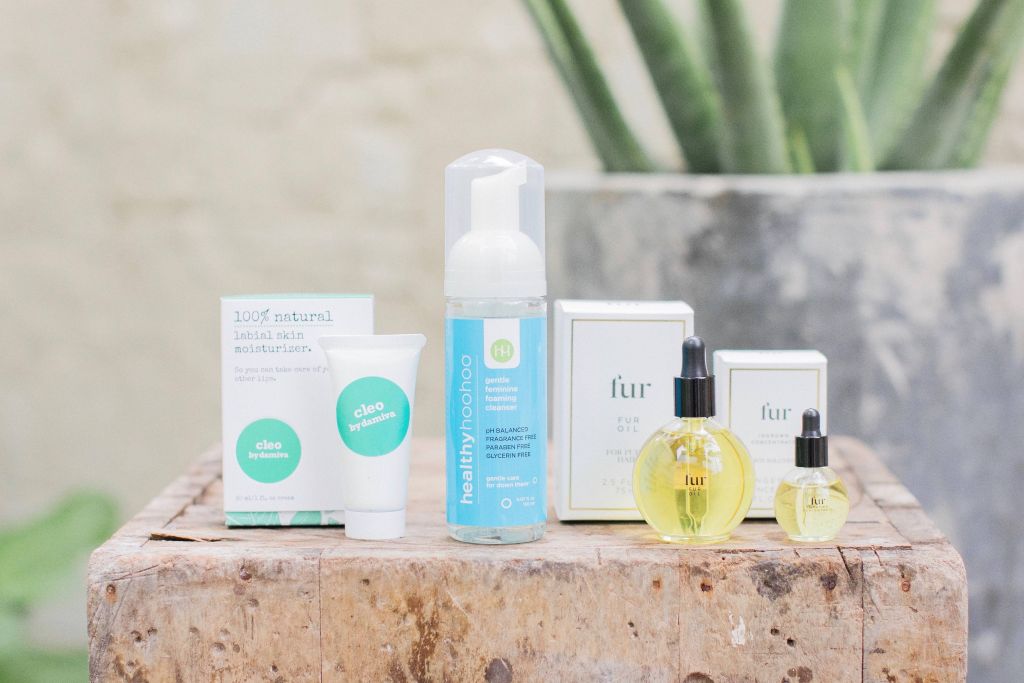
“Last year, Richelieu Dennis’s Shea Moisture was one of the blockbuster deals in the in our sector. There’s a surge of female-founded funds, and I think they’re helping to bridge the funding gap that exists in this space,” said Chauhan. “Gone are the days when you can create a global brand like Tide that’s going to be catering to the masses. I think that where there’s opportunity is coming from a lot of the diverse entrepreneurs that are able to fulfill an unmet need in the space.”
Howard emphasized the appeal of companies to investors boils down to numbers, and beauty brands developed by women and men of color can often show stellar numbers underpinning their businesses and broad consumer appetite for their products. She mentioned brands started by Hispanic Americans and African-Americans, notably Reina Rebelde, Hue Noir, Coloured Raine and The Lip Bar, are making inroads at Target, and others like Juvia’s Place and Artist Couture are being propelled by social media. Juvia’s Place is available at Ulta Beauty, and Artist Couture has launched at Sephora.
“Gone are the days when you can create a global brand like Tide that’s going to be catering to the masses. I think that where there’s opportunity is coming from a lot of the diverse entrepreneurs that are able to fulfill an unmet need in the space.”
Referring to Juvia’s Place and Artist Couture, Howard said, “They’re really focusing on their community. Because, at the end of the day, if you have a community that is engaged, a community that is buying product, the investors are going to find you. The retailers are going to find you.” She continued, “One of the benefits of brands created by women of color is that you’re creating something that has to work for black women. So, in color cosmetics, it has to be pigmented. What ends up happening is everyone loves that product.”
Talking about consumer behavior, Miller pointed out women of color outspend their white counterparts in the beauty market. She elaborated, “Black women are the preeminent trendsetters for basically all of culture in America. So, where we go, others follow.” Talking specifically about Mented, she added she was able to intrigue investors by supplying a detailed brand roadmap. “We have real answers as to what makes sense to launch in 2019, and that this makes sense to launch in 2018,” said Miller. “Sometimes, when I talk to founders, I get the big pie in the sky, and I have to do so much digging to understand what I really want to understand.”
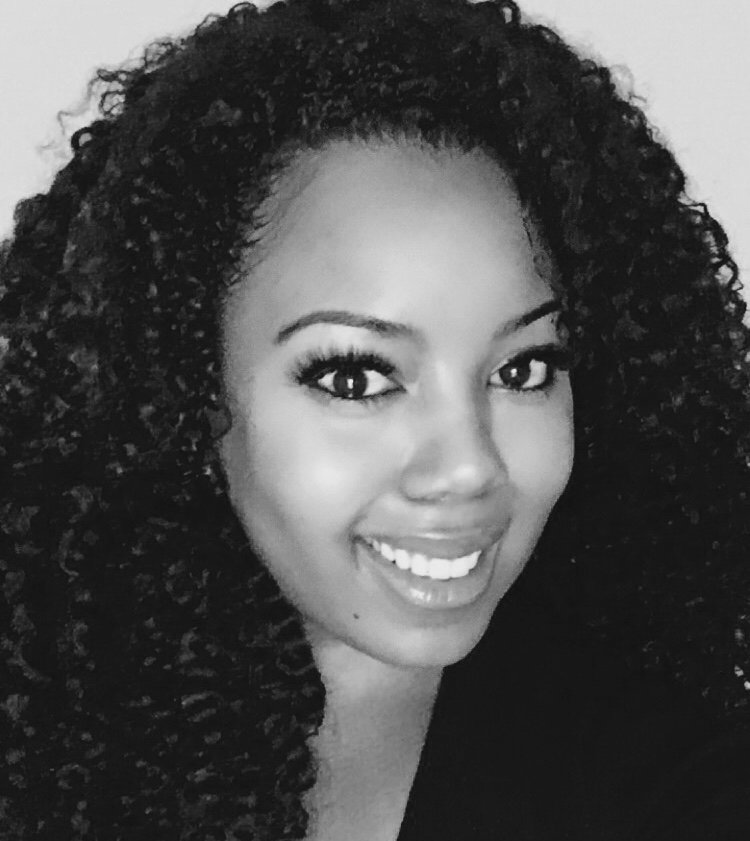
The details matter particularly for women of color in beauty because investors, a class that remains largely male and white, aren’t likely to be experimenting with their products unsolicited or have innate comprehension of the consumer need for them. On top of the obstacles confronting minorities raising money, Story has to cope with a chasm that can be deep between investor understanding, and her vulva hygiene, sexual wellness and menstrual merchandise e-tail concept.
“Sexual wellness is not an easy topic to talk about with a room full of people that are uncomfortable,” she said. “So, I have to put on my sex educator hat, and I do have to sort of start from the beginning. OK, let me define what intimate care means. These are the products. This is why there’s a demand for them, and why we’re focusing on clean intimate care products. Once I’ve established that, and what it is, it’s usually helpful.”
“There’s not a lot of us successfully running startups with capital. I want to represent in a good way, and sometimes it’s a little unfair. It’s mixed with impostor syndrome. Even though we know it should not be a thing, and we can read all these motivational books, we’re the only person that looks like us usually in a room. So, we are different.”
As she breaks taboos at her e-commerce endeavor and pursues investment, Story frequently feels the weight of representation on her shoulders, a common sentiment among minorities. “There’s not a lot of us successfully running startups with capital. I want to represent in a good way, and sometimes it’s a little unfair,” she said. “It’s mixed with impostor syndrome. Even though we know it should not be a thing, and we can read all these motivational books, we’re the only person that looks like us usually in a room. So, we are different.”
Story stressed entrepreneurial women of color role models and examples of companies run by them gaining investment are crucial to founders like her or aspiring founders generally encountering few of them. “I have so many girls in my community a little bit younger than me or a lot younger than me that look up to me. They love me so much. I’m a role model to them,” she said. “In the financial world, you pass companies [from an investor] to the next one. I feel like I’m in a chain of Latina leaders, and I want to be carried off to the next round. I also know that there are other girls coming up that need motivation.”
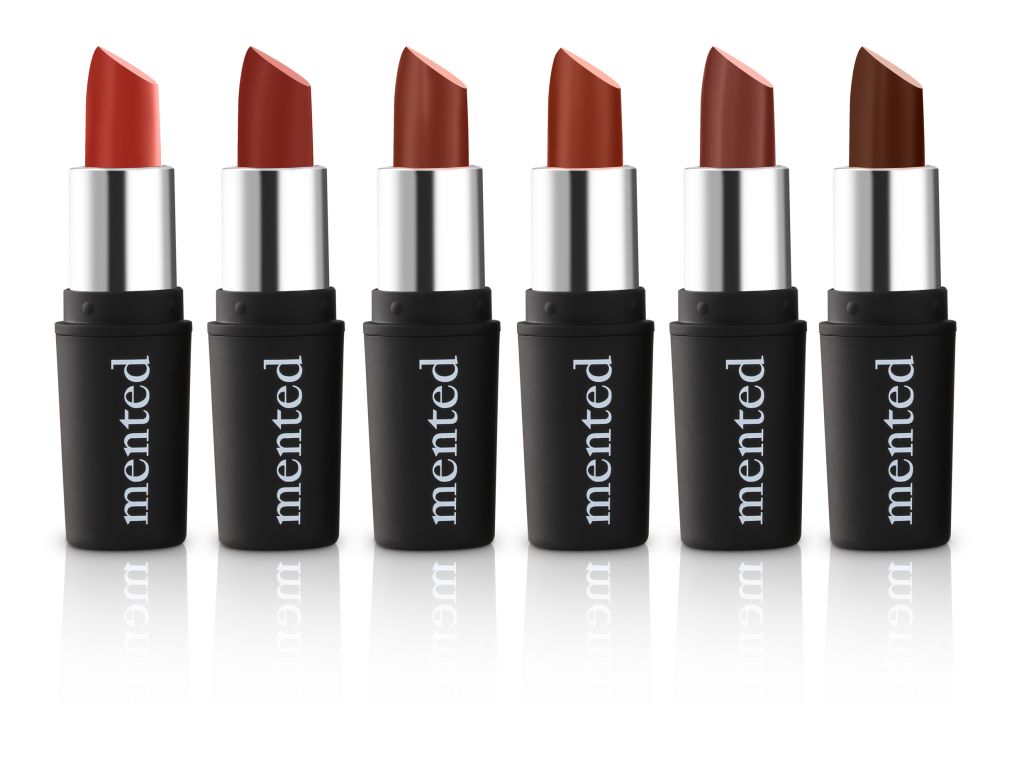
The good news is big beauty players are aware diversity is important. Speaking from the audience at BeautyX Capital Summit, Nicole Fourgoux, senior vice president of business development and acquisitions at L’Oréal Luxe, encouraged the panelists to carry on. “Even what you’re doing here is so important, sharing your experiences. Just keep at it,” she said. “There’s so much to be done [in] such a fantastic segment, and the need gaps are so much bigger. There’s so much more we need in the beauty space that can be addressed.”

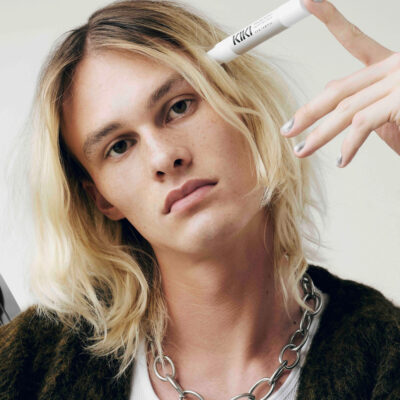
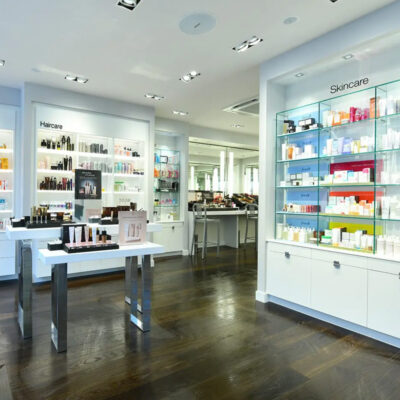
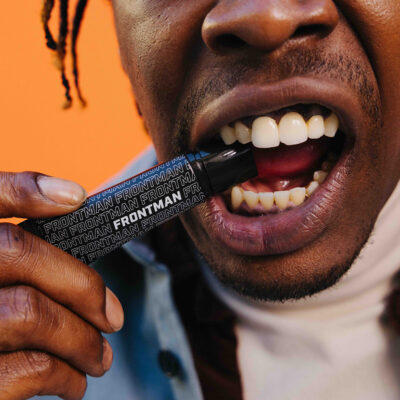
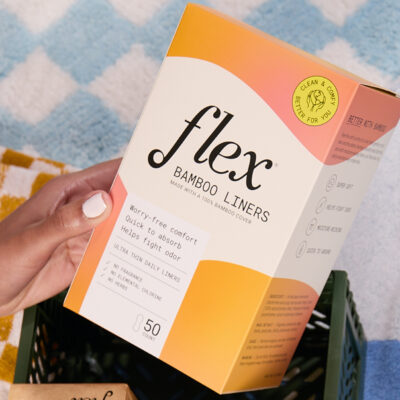
Leave a Reply
You must be logged in to post a comment.